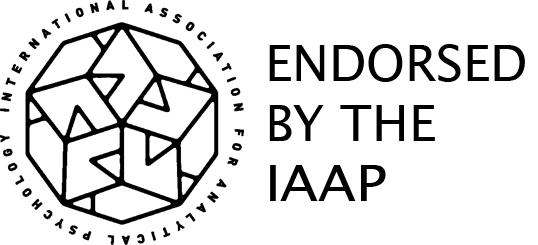This course will explore dynamic matters at the intersection of music, research methodology, inclusivity, and depth psychology. The book Music in Arts-based Research and Depth Psychology: Listening for Shadow as Inclusive Inquiry (Brun, 2024) attends to the place of sonic imagination in inquiry. Because judgments involved in a listening experience are largely unconscious (Becker, 2004), the field of depth psychology is uniquely positioned to offer an important perspective regarding what people choose to listen to, or perhaps more importantly, what they choose not to listen to.
In this course, sonic dissonance will be held as a symbol for cognitive dissonance and, as such, used as a symbolic proxy for Other, or Shadow in Jungian terms. In an effort to practice holding the tension of the opposites toward Jung’s transcendent function, the practice of Sonic Stretching will be explored as a way to somatically stretch windows of tolerance for being with and accommodating the dissonance of the unknown. This practice, in turn, may facilitate a broader use of sonic imagination as a translative tool in both academic and therapeutic inquiry.
The course will employ audio and video presentations, experiential exercises and interactive discussion.



